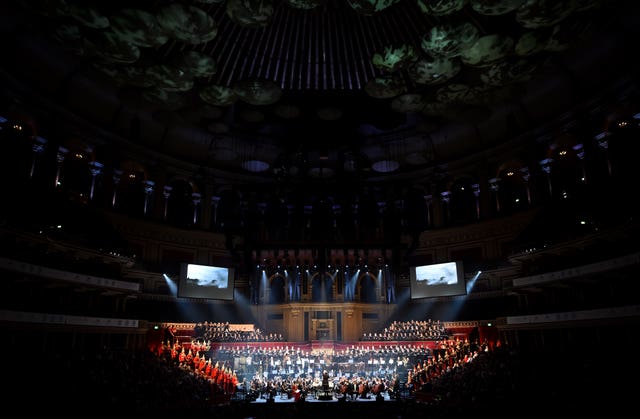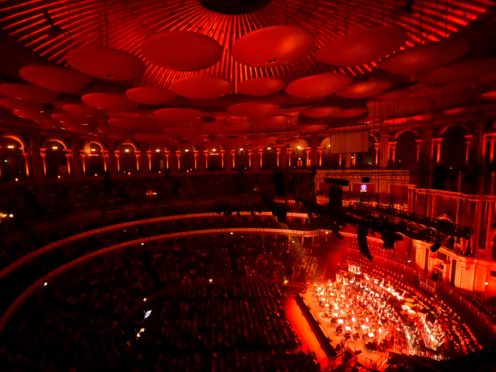Any threat to the BBC as a “provider of culture” would be a concern, the boss of one of Britain’s leading orchestras has said.
The broadcaster is currently under pressure from the Government, which is reported to be considering replacing the TV licence fee with a subscription model.
James Williams, the managing director of the Royal Philharmonic Orchestra – which performs at the BBC Proms and celebrates its 75th anniversary next year – said all organisations have to change.
But he said any threat to the broadcaster’s role in the arts would be a concern.

According to reports at the weekend, the Government wants to see the sale of most BBC radio stations, but would safeguard Radio 3 and Radio 4.
Mr Williams told the PA news agency: “The BBC is a big provider of culture, in its wider sense, across the UK, and of course any threat to that would be a concern for us as an orchestra.
“We broadcast some of our concerts via BBC Radio 3. We perform every year at the BBC Proms, which is the world’s largest classical music festival.
“So, of course any threat to that is a real concern.”
“But,” he said, “equally we understand that the world is changing … and the competition is very different.
“So these organisations, much like orchestras are having to do, need to adapt to be relevant to their society.”
He said: “We’re an orchestra so of course we want to see our sector flourishing, and the BBC makes a significant contribution to the worlds of orchestral and classical music.
“We would like to see that continue into the future with the acknowledgement that that is going to see a certain level and rebirth, in the way that all of us are constantly doing within in our organisations, to retain our relevance to society.”
He spoke as he welcomed research suggesting that streaming is helping to drive a new surge in popularity of classical music for young people.
Almost half (46%) of under-25s now listen to orchestral music via streaming platforms such as Spotify or YouTube, according to its research.
Mr Williams said that orchestral music is now “a very central pillar of the technology revolution of streaming”.
He added: “It’s wonderful to see that for young people, music and classical music is very high up their agenda.
“Great orchestral music has been played for the last 400 years and has stood that test of time because it has the ability to speak to people in a way that connects with their soul and their senses.”
This is despite the fact that “music is under threat in schools”, with the introduction of the EBacc in the curriculum, which “has left very little space for the arts”.
His comments come after audience figures showed that BBC Radio 3 had its biggest audience since 2016, pulling in 2.1 million listeners.
Research on classical music listening was conducted by Maru/Blue with a national representative sample of 2,019 adults, the orchestra said.
